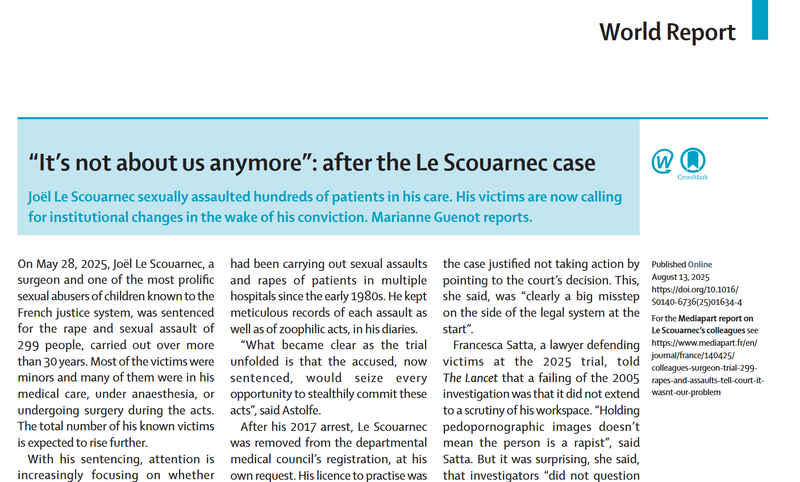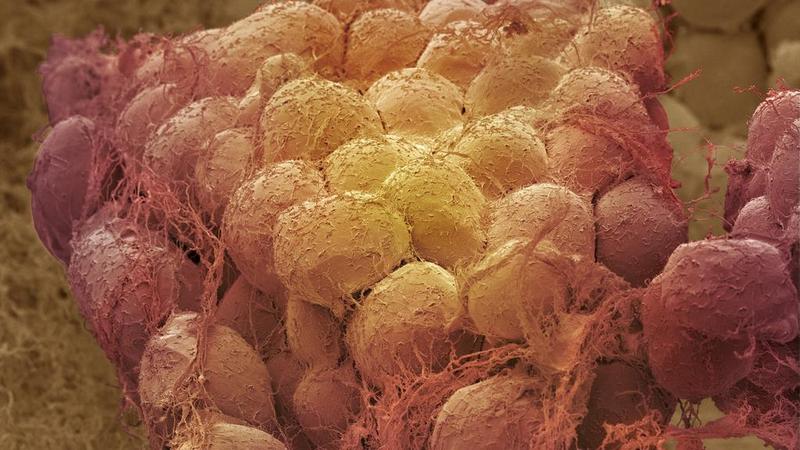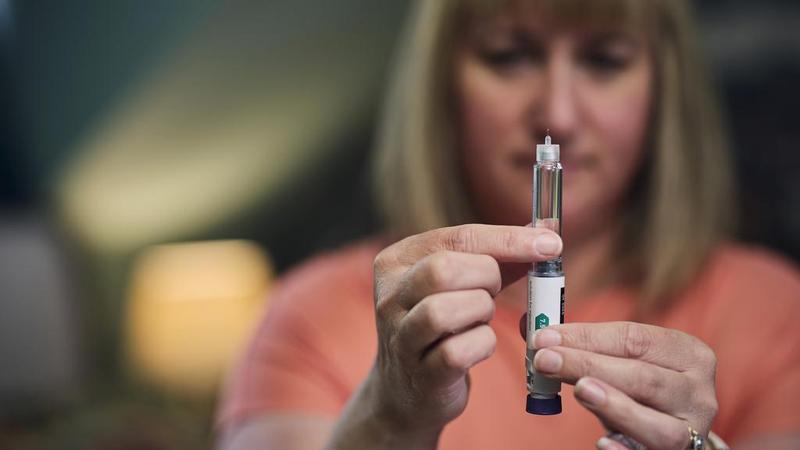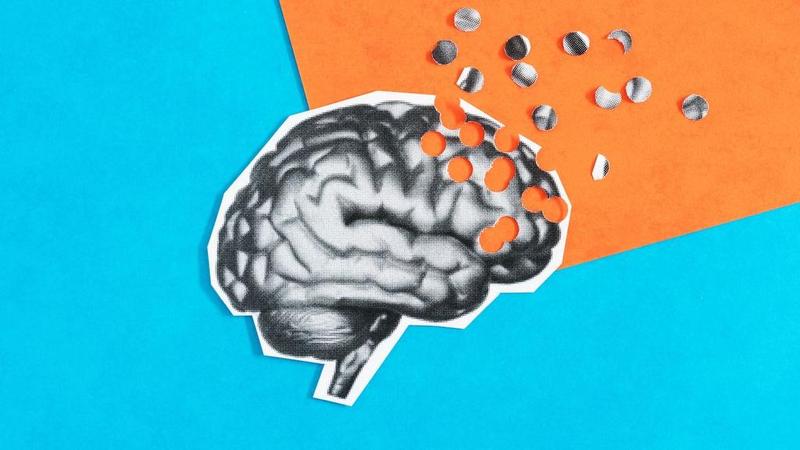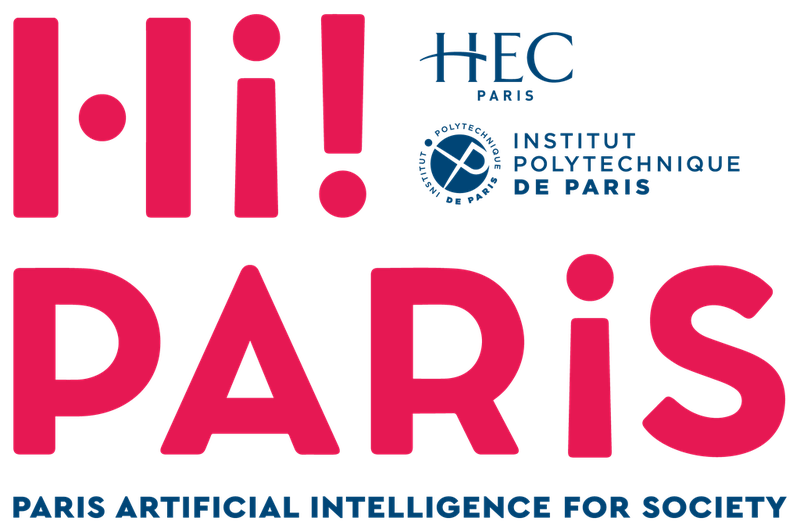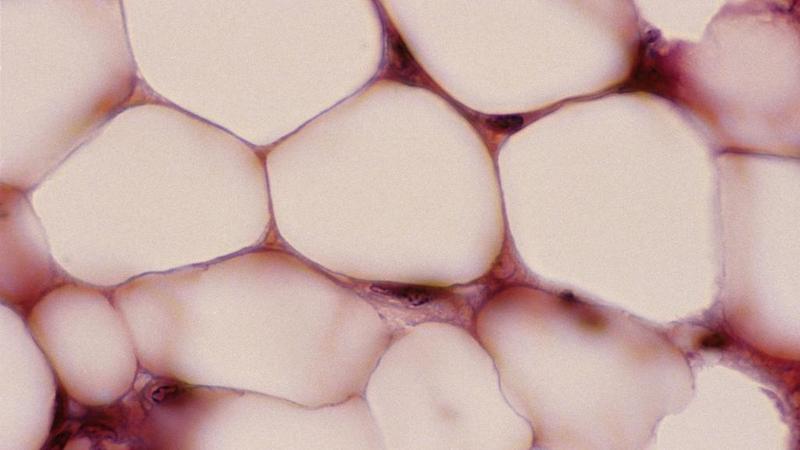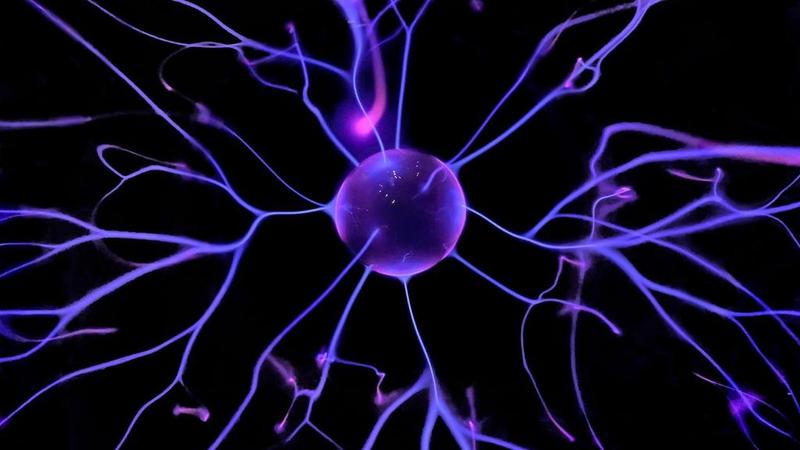
The damage done - Nature Medicine
When clinical trials are suddenly halted by US funding cuts, there are repercussions for investigators and patients, and they do not stop at borders.
In just one day, the Botswana Harvard Health Partnership — a research collaboration with nearly 300 staff — went from world-leading hub to crisis mode. On 15 May 2025, Roger Shapiro, professor at the Harvard T.H. Chan School of Public Health in Boston, and his colleagues lost seven US National Institutes of Health (NIH) grants that supported 11 trials, staff, mentoring and patients enrolled in those trials.
In just one day, the Botswana Harvard Health Partnership — a research collaboration with nearly 300 staff — went from world-leading hub to crisis mode. On 15 May 2025, Roger Shapiro, professor at the Harvard T.H. Chan School of Public Health in Boston, and his colleagues lost seven US National Institutes of Health (NIH) grants that supported 11 trials, staff, mentoring and patients enrolled in those trials.


